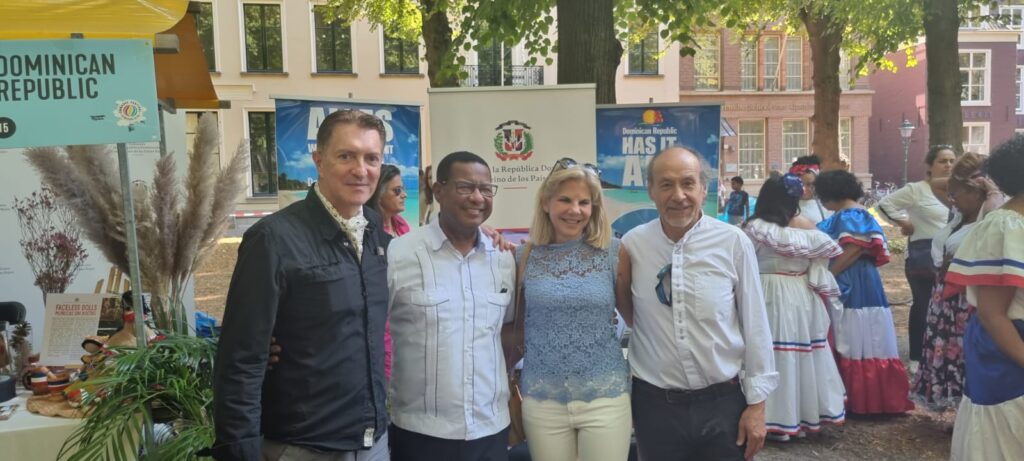With the support of Eurojust, authorities in Finland, Germany, Belgium and Latvia have succeeded in striking a blow against the operators of various fraudulent online investment platforms that have defrauded victims from 11 different countries out of several million euros.
During an action day, two suspects were arrested and 12 locations were searched.
According to the investigation, victims were directed to seemingly reputable online trading platforms in search of offers for lucrative investments. Through these platforms, they were promised enormous profits in a short time by trading in cryptocurrency, foreign exchange or shares.
After being contacted by phone via call centres, email or messenger, the victims transferred sums of money to bank accounts indicated by alleged “brokers”. However, no investment of any kind was seemingly ever made with this money.
The suspects were identified as authorised disposers of the accounts and they are suspected of money laundering activities for the operators of the online trading platforms.
Over one hundred victims from 11 different countries have been identified so far. It is believed that in Germany alone (where more than half of the victims are from), victims have transferred approximately EUR 4.3 million. Of this amount, at least EUR 700 000 has been received in accounts held by the suspects.
In an action day coordinated by Eurojust on 6 September, two suspects were arrested in Belgium. A total of 12 locations were searched.
The case was opened at Eurojust by the Finnish and German authorities in 2021. The Agency actively facilitated the cross-border judicial cooperation between the national authorities involved, including the execution of European Investigation Orders (EIOs), European Arrest Warrants (EAWs) and freezing orders on the basis of the Regulation (EU) 2018/1805. In addition, Eurojust organised five coordination meetings in preparation for the action day.
Europol has been supporting this high-priority case by providing tailored analysis and virtual tracing analysis. In addition, experts from Europol’s European Financial and Economic Crime Centre were deployed to Belgium and Latvia to assist the national authorities with the investigative actions.
The following authorities took part in this investigation:
Finland: National Bureau of Investigation; National Prosecution Authority, Prosecution District of Southern Finland
Germany: Public Prosecutor’s Office at the Itzehoe Regional Court, Department for Combating Cybercrime; District Criminal Investigation Office Kiel
Belgium: Federal judicial police Antwerp – ECOFIN service, assisted by RCCU under the direction/coordination of the International Legal Assistance Centre (IRC) of the Antwerp Public Prosecutor’s Office and the investigating judge
Latvia: The 3rd Unit of the International Cooperation Department of the Central Criminal Police Department of the State Police.
This operation was carried out as part of the European Multidisciplinary Platform Against Criminal Threats (EMPACT).
EMPACT tackles the most important threats posed by organised and serious international crime affecting the European Union. EMPACT strengthens intelligence, strategic and operational cooperation between national authorities, EU institutions and bodies, and international partners. EMPACT runs in four-year cycles focusing on common EU crime priorities. Fraud, economic and financial crimes are among the priorities for the 2021-2025 Policy Cycle.























